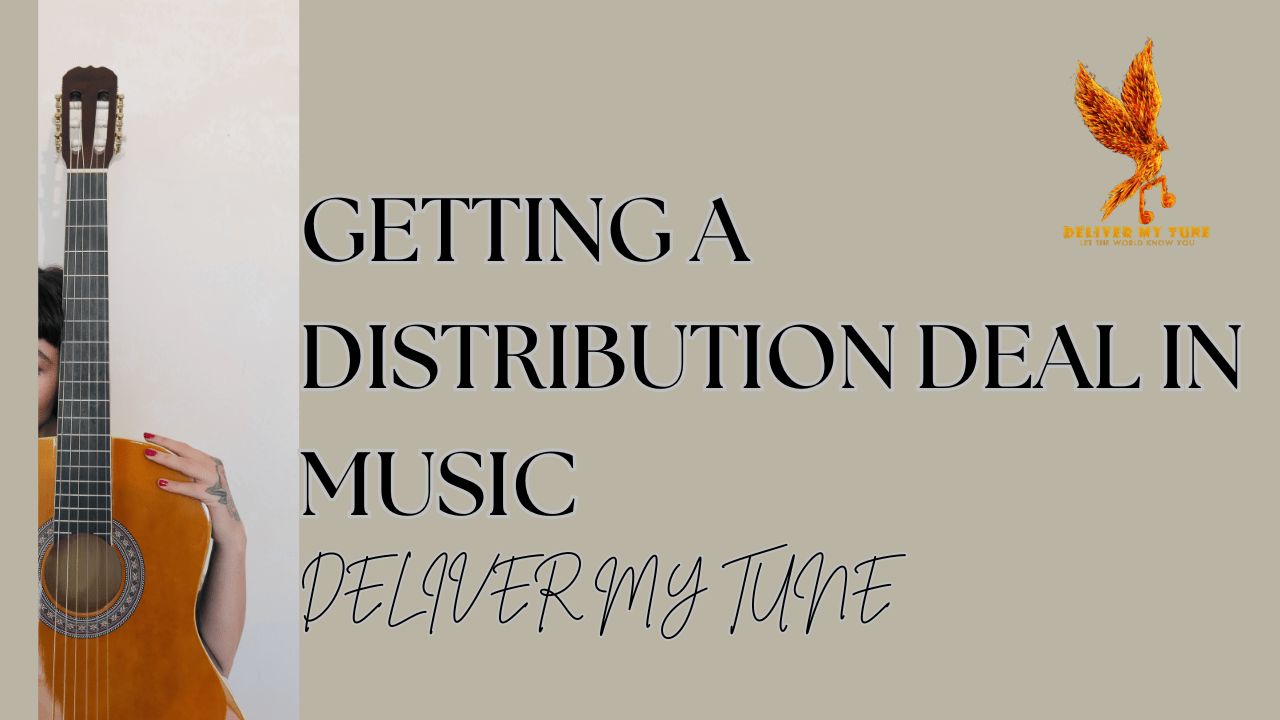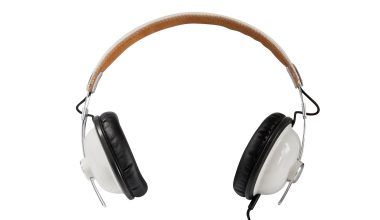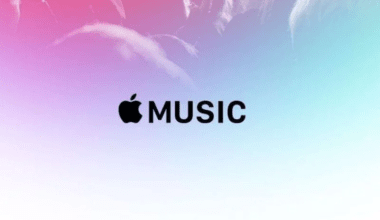Music distribution is the process of making your songs accessible to audiences worldwide. It’s not just about uploading tracks to platforms like Spotify or Apple Music; it’s about creating a professional presence, building credibility, and monetizing your music effectively. For independent artists, getting a distribution deal in music opens doors to new opportunities and ensures their music reaches the right audience.
If you’ve ever wondered how to go beyond uploading music on social media and YouTube, a distribution deal might be your next big step.
What is a Music Distribution Deal?
A music distribution deal connects artists with platforms, making their music available for streaming, downloading, or physical sale. It bridges the gap between artists and listeners.
Key Features of a Music Distribution Deal:
- Accessibility: Your music reaches platforms like Spotify, Apple Music, Amazon Music, and YouTube.
- Revenue Streams: Earn money through royalties from streams and downloads.
- Promotion: Some distributors offer promotional tools to help market your music.
Music distribution ensures that your tracks are not just available but also optimized for maximum reach. For emerging artists, it’s a stepping stone to turning their passion into a profession.
Types of Music Distribution Models
Understanding the distribution landscape helps you choose a model that suits your needs and goals. Here are the three main types of distribution models:
1. DIY Distribution
This model allows artists to independently upload their tracks to platforms. Services like TuneCore and DistroKid are popular for DIY distribution, offering control over your music but requiring upfront payments.
2. Label-Based Distribution Deals
When signing with a record label, distribution is typically part of the package. However, this comes with trade-offs, such as sharing royalties and losing some creative freedom.
3. Aggregators
Aggregators like CD Baby serve as intermediaries, distributing your music to multiple platforms while taking a small cut of your earnings.
Each model has its pros and cons. DIY offers independence, labels provide resources, and aggregators simplify the process.
Why Getting a Distribution Deal in Music is Important
1. Global Reach
A distribution deal ensures your music is available on global platforms. It’s the easiest way to connect with listeners from every corner of the world.
2. Monetization Opportunities
Without proper distribution, monetizing your music can be challenging. Distribution platforms ensure you get paid for every stream or download.
3. Professional Branding
Being featured on major platforms like Spotify and Apple Music builds credibility, making it easier to secure gigs, collaborations, or sponsorships.
4. Analytics and Insights
Distribution platforms provide analytics, helping you understand your audience’s preferences and behaviors.
How to Get a Distribution Deal in Music
Achieving this milestone requires effort, strategy, and a deep understanding of the music industry. Here’s how to go about it:
Step 1: Build a Strong Portfolio
Your portfolio represents you. Make sure your tracks are professionally mixed and mastered. Include visually appealing album artwork and detailed metadata.
Step 2: Research the Right Distributors
Not all distributors are the same. Choose one based on your genre, audience, and goals. Platforms like Deliver My Tune are excellent for independent artists.
Step 3: Create a Professional Pitch
A solid pitch includes:
- Artist Bio: Highlight your achievements and unique style.
- Music Samples: Share your best tracks.
- Social Media Metrics: Show your engagement and follower count.
A strong online presence is key to attracting distributors. Platforms like Instagram, YouTube, and TikTok can showcase your talent.
Step 5: Negotiate Favorable Terms
Understand the terms of your deal, including royalty splits, contract duration, and additional costs.
Top Platforms for Getting a Distribution Deal in Music
Here’s a list of some of the best platforms to explore:
1. Deliver My Tune
This India-based platform offers global reach, fair royalties, and a seamless experience for independent artists.
2. TuneCore
Known for its simplicity and focus on indie artists, TuneCore is an affordable option.
3. CD Baby
CD Baby combines distribution with additional support like marketing and monetization tools.
4. AWAL (Artists Without a Label)
For artists with an established following, AWAL offers flexible distribution without tying you to a label.
5. Amuse
A free distribution platform with premium options for artists seeking advanced features.
Your online presence can make or break your chances. Here’s how social media plays a pivotal role:
1. Build Engagement
Regular posts and interaction with fans show distributors that you’re serious about your music.
2. Showcase Your Talent
Use platforms like YouTube and TikTok to share performances, behind-the-scenes moments, or music videos.
3. Drive Pre-Release Hype
Spotify’s Countdown Pages are a fantastic way to build anticipation for an upcoming release.
4. Collaborate with Influencers
Partnerships with influencers can amplify your reach and boost your visibility.
Challenges in Getting a Distribution Deal in Music
1. Competition
With so many artists vying for attention, standing out is crucial. Focus on your unique sound and story.
2. Understanding Contracts
Royalty splits, hidden fees, and long-term commitments can be tricky. Seek legal advice when needed.
3. Marketing Support
Not all distributors offer promotional support. You may need to invest in additional marketing services.
Success Stories: Artists Who Made It Big Through Distribution Deals
1. Chance the Rapper
Chance the Rapper revolutionized independent music with his mixtape Coloring Book. By focusing on streaming platforms, he achieved massive success without a label.
2. Billie Eilish
Starting as an independent artist, Billie’s unique sound and strong online presence helped her secure distribution deals that propelled her career.
Post-Deal Tips: Sustaining Long-Term Success
After securing a distribution deal, the work doesn’t stop. Here’s how to maintain momentum:
1. Release Regular Content
Consistency keeps fans engaged and ensures steady streams.
2. Monitor Analytics
Use the insights provided by platforms to adapt your strategies and understand what works best.
Continuing to engage with your audience keeps them loyal and invested in your journey.
4. Collaborate with Other Artists
Collaborations help you tap into new audiences and boost your visibility.
The Future of Music Distribution
The music industry continues to evolve, and distribution is no exception. With advancements in AI, blockchain technology, and new streaming platforms, artists can look forward to more opportunities and control over their music.
Emerging trends include:
- NFTs for Music Distribution: Offering unique digital assets tied to songs.
- Direct-to-Fan Platforms: Allowing artists to bypass traditional distributors.
- Enhanced Data Analytics: Helping artists make data-driven decisions.
Conclusion: Take Control of Your Music Career
Getting a distribution deal in music is a transformative step in your career. It not only amplifies your reach but also professionalizes your efforts. By following the steps outlined here, leveraging social media, and choosing the right distributor, you can set yourself on a path to success.
Remember, distribution is the bridge that connects your music to the world. Start building that bridge today!
Related Articles:
For further reading, explore these related articles:
- 4 Easy Ways to Get Paid for Your Music
- How to Sell Your Music Online: A Comprehensive Guide for Independent Artists
- Thinking of Building a Music Team? Things to Consider
For additional resources on music marketing and distribution, visit Deliver My Tune.






